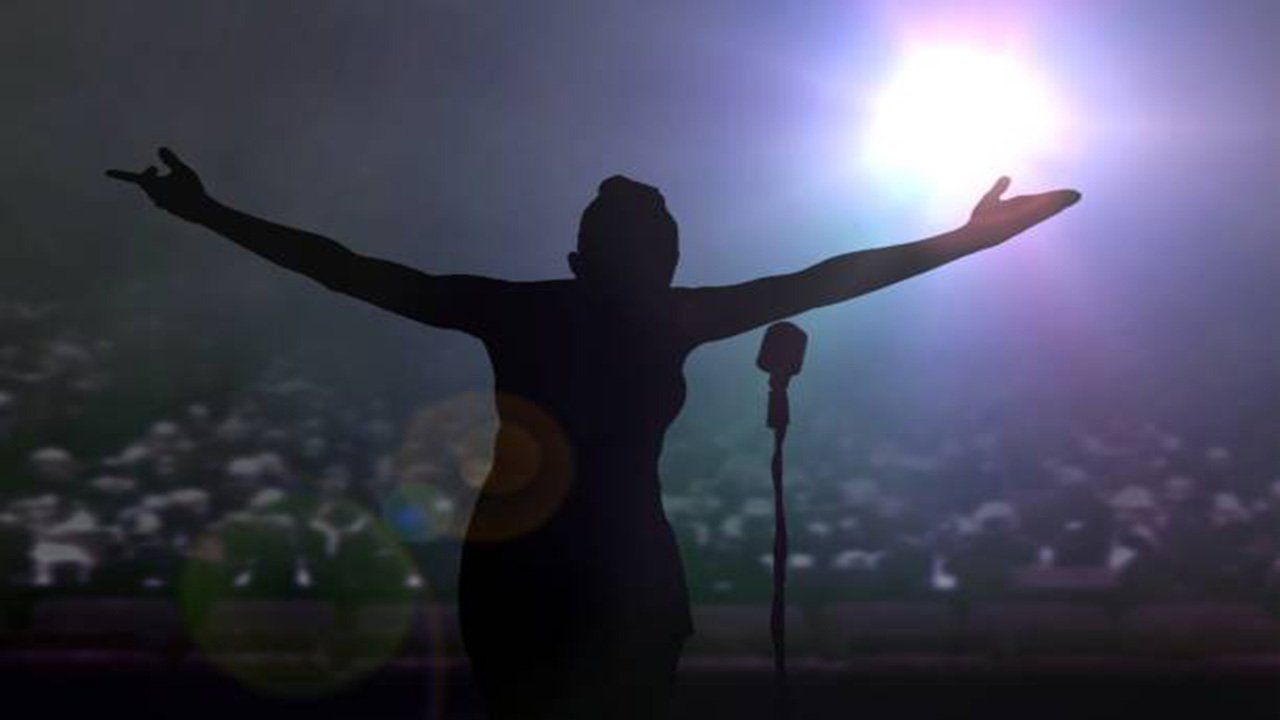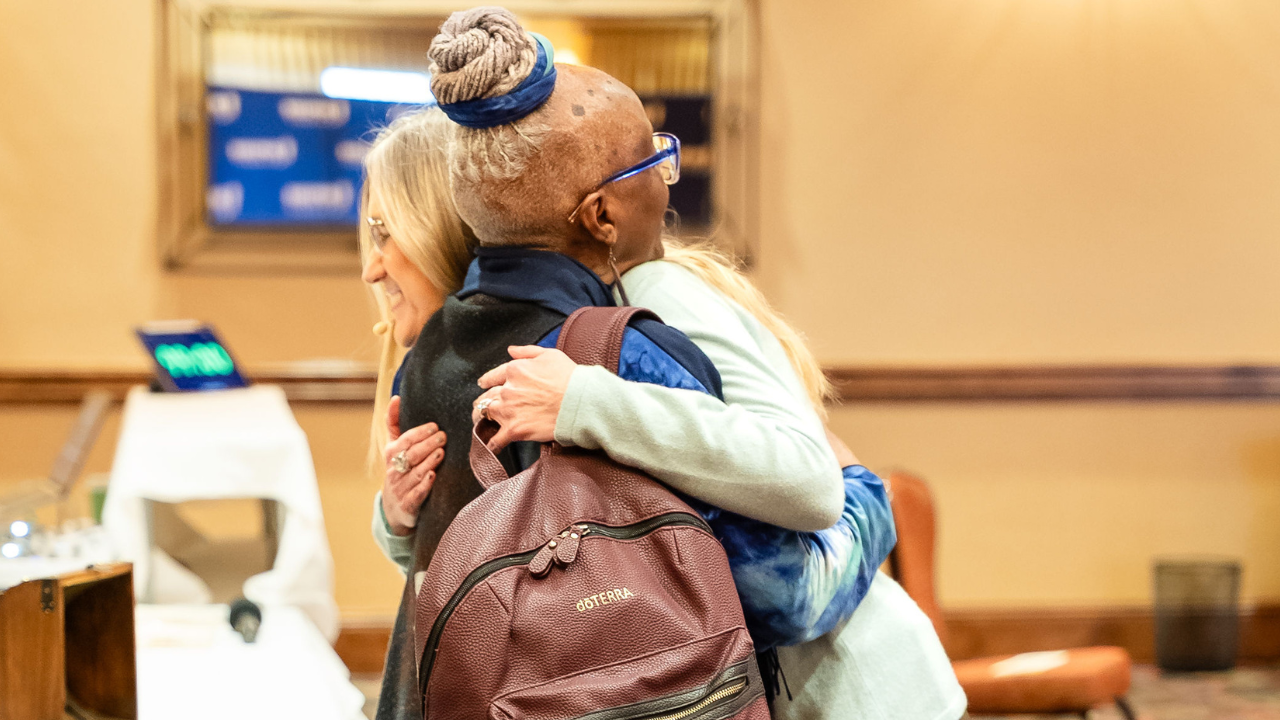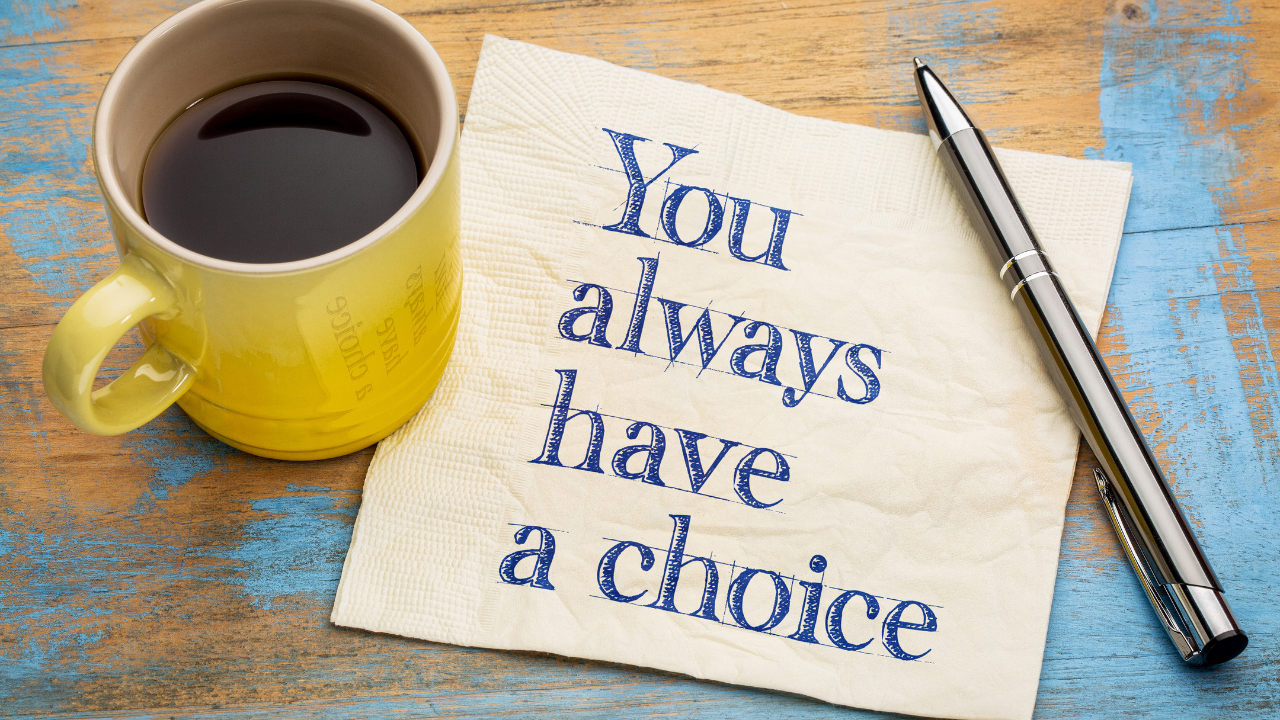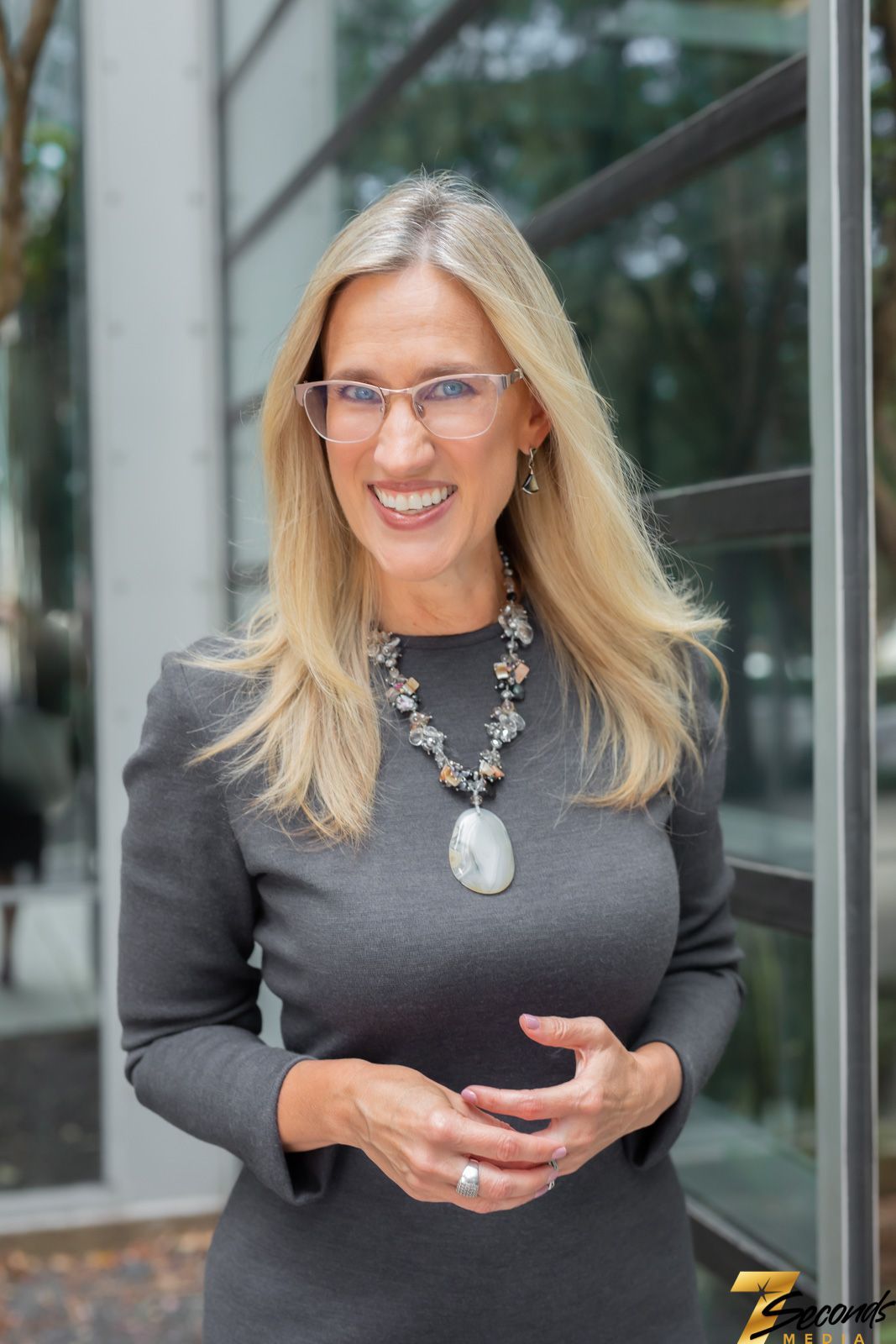Are You Being Visible Enough?

For most of my life, visibility has been a struggle. What I mean is my being seen, truly seen, by others.
As a kid, being around people my own age made me uncomfortable and self-conscious.
There was an internal voice always comparing my life with theirs, and I always came up short.
It was more than our external circumstances, like the fact my parents were divorced and most kids’ parents weren’t. Rather, it was the internal monologue that told me I wasn’t good enough to be seen.
In my family and in school, I started hearing from others that I was “too much” this or that – “too bold,” “too loud,” “too smart,” – and the list goes on and on.
The internal chatter took on the external comments and grew louder the older I got and began limiting the opportunities that I said “yes” to in all areas of my life.
Fearing being “too much,” I culled my voice and opted to stay quiet. I was afraid to risk being truly seen.
Perhaps it doesn’t make sense to think that someone who looks comfortable on stage would have issues with being seen.
While I’ve always loved people, speaking became a performance where a persona of who I was came out.
What I shared was limited to what I wanted you to learn about me. Controlling and limiting your viewpoint felt safe – and it looked as if I was being transparent.
I told myself this was simply because I’m a private person and sharing more openly happens when I feel safe.
The truth is this was an old story I kept telling so I didn’t have to go through the discomfort of being truly vulnerable, disclosing how I was feeling or what I was experiencing.
Settings were controlled and I lovingly called myself a “social introvert” as I was wildly social, and appreciated having alone time to process.
My marketing director challenged me to become more vulnerable as I felt “fake or plastic” in my writing.
At the time, I understood exactly what she meant, although I pretended not to have a clue.
Deep down, I knew the fear of being attacked if I was seen had led to my ability – dare I say mastery – of keeping people at arm’s length, only letting them get close enough. I needed to let down my masterful guard in order to write more candidly. I needed to risk being “too” much on the page or on stage, in order to be truly seen and heard.
There are always more layers to discover and reveal as the learning never ends.
My own lessons became lessons I have been able to share with my clients.
Now I teach clients how to get clear on what they want, how to use their voice, outlining what to say, how to say it, and when to say it to get results.
From my own experience, I get how important it is to have a voice and how each one is valuable, and so in my board and non-profit volunteer service, much of my work is about giving voice to the voiceless who need to be heard.
ACTION: The Upside Challenge of the week is to examine where you’re being quiet.
Are you playing safe, hiding, or staying silent from fear or an old internal commentary?
Be courageous on behalf of yourself and for others.
The world needs you and your brilliance. Now more than ever.











